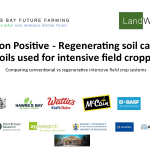Soil Carbon Measurement Project
This project is designed to measure with scientific rigour the ability of farm practices to increase soil carbon. increase soil carbon.
Added 6 years ago
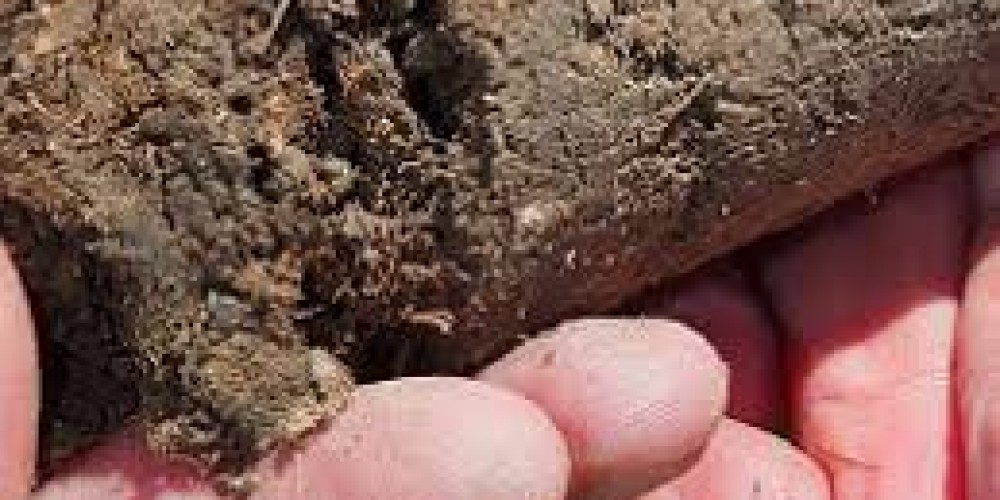
Soil Carbon Measurement
This project is measuring with scientific rigour the ability of farm practices to increase soil carbon. We have measured soil carbon across three properties at various stages of organic/regenerative development owned by farmer John Kamp in Patoka. These farms were formerly high chemical input dairy operations.
Soil sampling is completed, with analysis completed at Landcare Research. With benchmarking completed, we plan to monitor the impact of future farm practices to establish their impact on soil carbon levels. This BayBuzz article reports the findings top date, which indicate that regeneratively managed pastures can indeed build up carbon and retain more N.
Using this work as a prototype, we are now developing a project -- Farming for Carbon -- that would conduct carbon measurement across a suite of HB dairying and sheep & beef farms, selected to permit direct comparison of conventional versus regenerative practices. The Trust recently submitted to MPI and MfE in support of including soil carbon as part of farmers' legitimate GHG offsets.
Goal
To build soil carbon in New Zealand pastoral whole farm systems and use internationally recognised certification systems to test, validate, certify and price soil carbon.
To test if satellite imaging and AI technology can provide robust and cost-effective testing to enable certification of soil carbon to internationally recognised standards and be traded in an Emissions Trading Scheme (ETS) or equivalent voluntary system.
Outcomes
- Increase farmers knowledge about how to implement and manage soil carbon sequestration on their farms and build a new decision-making tool to assist with implementation and management.
- Produce scientific evidence to give confidence that farming systems can demonstrate soil carbon is real, additional, permanent, verifiable and does not result in system leakage.
- Align findings with latest technology developments (such as satellite image and AI) and certified validation systems which can be traded on the ETS or voluntary value equivalent system.
- Improve the understanding amongst stakeholders how soil carbon sequestration can contribute to improving soil health, retain more moisture/nutrients and reverse degradation and how these results can translate into advantages for their businesses.
- Produce a range of extension material aimed at farmers to understand the advantages and disadvantages associated with transitioning to soil carbon farming systems.
- Showcase cost benefit analysis to demonstrate study results, increase project buy-in from farmers and increasing confidence for adoption.
- Increased relationships and understanding between NZ farmers and processor marketers.
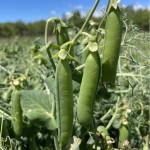
Carbon Positive Trial Update – February 2025
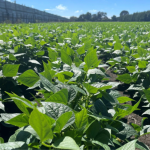
Carbon Positive Update
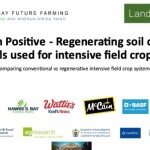
Carbon Positive Trial Update - October 2024
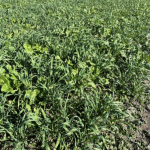
Carbon Positive May Update

Carbon Positive Project Update April 2024
